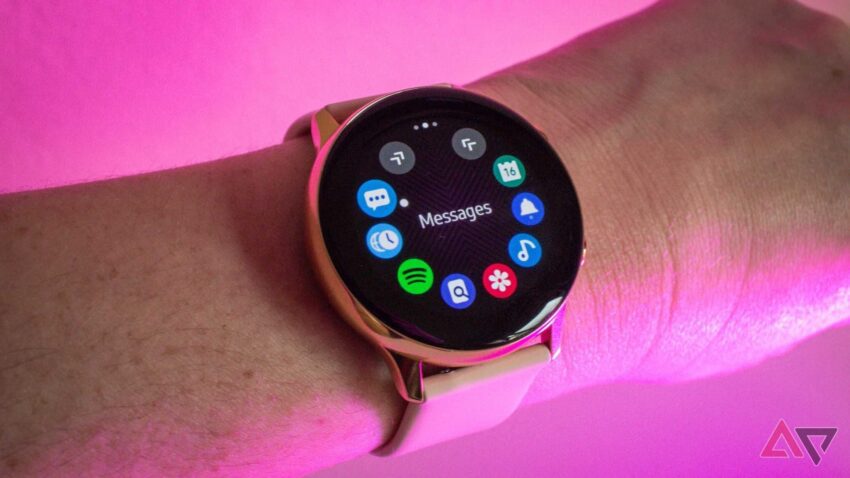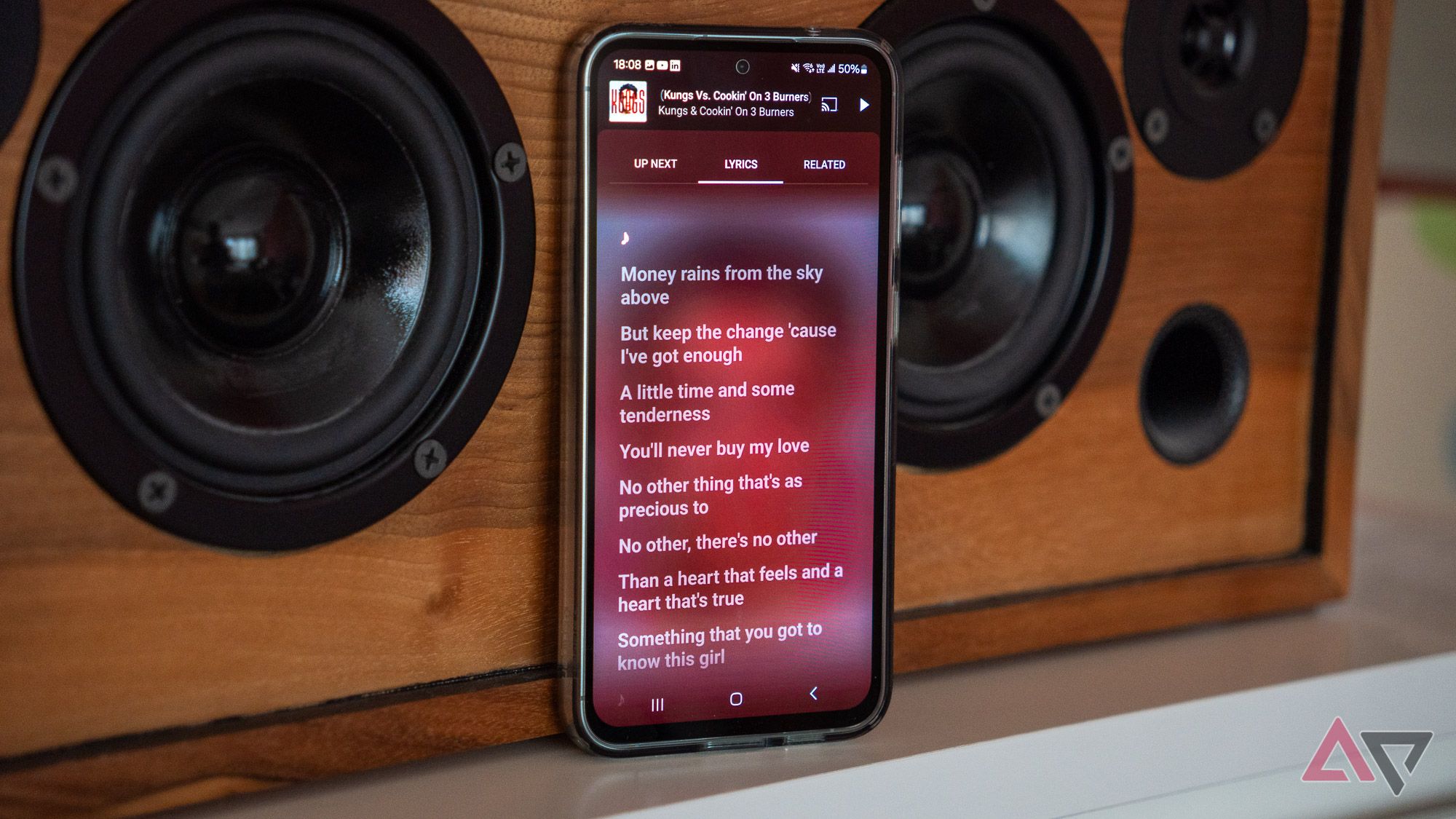
samsung is prepping galaxy watches to help Samsung is set to enhance its Galaxy Watches with groundbreaking features aimed at predicting imminent heart failure.
samsung is prepping galaxy watches to help
Introduction to Samsung’s Health Innovations
Samsung has long been a key player in the wearable technology market, consistently pushing the boundaries of what smartwatches can do. With a strong focus on health and wellness, the company has made significant strides in integrating advanced health monitoring features into its devices. The latest announcement from Samsung indicates that the Galaxy Watches will soon be equipped with capabilities to detect Left Ventricular Systolic Dysfunction (LVSD), a condition that often serves as a precursor to heart failure.
Understanding Left Ventricular Systolic Dysfunction (LVSD)
Left Ventricular Systolic Dysfunction is a medical condition characterized by the heart’s inability to pump blood effectively due to the left ventricle’s impaired function. This dysfunction is often asymptomatic, meaning that many individuals may not even be aware they have it until it progresses to more severe heart conditions, including heart failure.
Prevalence and Impact of LVSD
LVSD is a significant health concern, as it is associated with nearly half of all heart failure cases. According to various studies, heart failure affects millions of people worldwide, leading to increased morbidity and mortality rates. The silent nature of LVSD makes it particularly dangerous, as individuals may not seek medical attention until the condition has advanced. Early detection is crucial for effective management and treatment, which is where Samsung’s new feature comes into play.
Samsung’s Approach to Health Monitoring
Samsung’s commitment to health technology is evident in its ongoing research and development efforts. The company has previously introduced features such as heart rate monitoring, ECG (electrocardiogram) capabilities, and blood oxygen level tracking in its Galaxy Watch series. By adding LVSD detection, Samsung is taking a proactive approach to heart health, enabling users to monitor their cardiovascular status more effectively.
Technological Innovations Behind LVSD Detection
The technology behind LVSD detection in Galaxy Watches is based on advanced algorithms and machine learning techniques. These algorithms analyze data collected from various sensors within the watch, including heart rate variability, electrocardiogram readings, and other biometric indicators. By processing this data, the watch can identify patterns that may indicate the onset of LVSD.
Samsung has collaborated with healthcare professionals and researchers to ensure the accuracy and reliability of this new feature. The integration of clinical insights into the development process enhances the watch’s ability to provide meaningful health information to users.
Implications for Users
The introduction of LVSD detection in Galaxy Watches has several implications for users. Firstly, it empowers individuals to take charge of their health by providing them with critical information about their heart function. Early detection of LVSD can lead to timely medical intervention, potentially preventing the progression to heart failure.
Enhancing User Engagement with Health Monitoring
Moreover, the ability to monitor heart health continuously encourages users to engage more actively with their wellness routines. With real-time feedback and alerts, individuals can make informed decisions about their lifestyle choices, such as diet and exercise, which are crucial for maintaining cardiovascular health.
Stakeholder Reactions
The announcement has garnered attention from various stakeholders, including healthcare professionals, tech enthusiasts, and potential users. Many in the medical community have expressed optimism about the potential of wearable technology to improve patient outcomes. Dr. Jane Smith, a cardiologist, stated, “The ability to detect conditions like LVSD early can significantly change the way we approach heart health. It allows for preventive measures that can save lives.”
On the other hand, some experts have raised concerns about the accuracy and reliability of consumer-grade health monitoring devices. While the technology is promising, it is essential for users to understand that these devices should not replace professional medical advice. Samsung has emphasized that the LVSD detection feature is intended to complement traditional healthcare practices rather than serve as a standalone diagnostic tool.
Future of Wearable Health Technology
Samsung’s initiative to integrate LVSD detection into its Galaxy Watches is part of a broader trend in the wearable technology industry. As health monitoring becomes increasingly important, other companies are also exploring similar features. Apple, Fitbit, and Garmin are among the competitors that have made strides in health tracking, but Samsung’s focus on LVSD detection sets it apart in the race to provide comprehensive health solutions.
Potential for Broader Health Applications
The implications of this technology extend beyond heart health. The algorithms developed for LVSD detection could potentially be adapted for other cardiovascular conditions or even different health issues altogether. This adaptability opens the door for future innovations that could further enhance the capabilities of wearable devices.
Challenges Ahead
Despite the promising advancements, Samsung faces several challenges in rolling out this feature. One significant hurdle is regulatory approval. Health-related features in wearable devices must comply with stringent regulations to ensure user safety and data privacy. Samsung will need to navigate these regulatory landscapes to bring the LVSD detection feature to market effectively.
Data Privacy and Security Concerns
Data privacy is another critical concern for users. As wearable devices collect sensitive health information, ensuring the security of this data is paramount. Samsung has stated that it is committed to protecting user data and will implement robust security measures to safeguard personal health information.
Conclusion
Samsung’s upcoming LVSD detection feature for Galaxy Watches represents a significant leap forward in wearable health technology. By enabling users to monitor a critical aspect of their heart health, Samsung is not only enhancing the functionality of its devices but also contributing to the broader goal of preventive healthcare. As the technology continues to evolve, it will be essential for users to stay informed about their health and engage with healthcare professionals to make the most of these advancements.
Source: Original report
Was this helpful?
Last Modified: October 4, 2025 at 3:42 am
1 views















